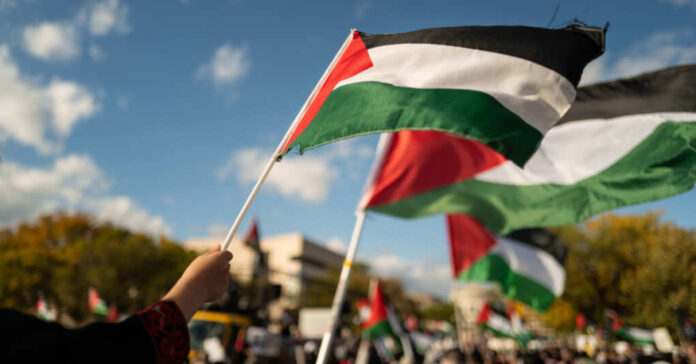
Pro-Palestine activist Mohammed El-Kurd has been a bit of a lightning rod on Twitter/X since the October 7th invasion of Israel by Hamas. Most controversially, he recently wrote, “You can’t protest peacefully. You can’t boycott. You can’t hunger strike. You can’t hijack planes. You can’t block traffic. You can’t throw Molotovs. You can’t self-immolate. You can’t heckle politicians. You can’t march. You can’t riot. You can’t dissent. You just can’t be.”
In a subsequent interview with Jacobin, he proclaimed Hamas is nothing more than a means to an end to the attacks on Gaza. He claims they are only there to liberate Palestinian prisoners, and he classified the situation as Israeli apartheid. More to the point, he claims Zionism is a project of colonialism, and in his mind, Jerusalem belongs to the Palestinians.
El-Kurd has the wrong idea if he thinks this is a situation where his suggestions or viewpoints have real merit in modern society. The violence continually stemming from Hamas and the Palestinians is the reason the conflict is continuing. If they want peace to return to Gaza, they can get it. Release the hostages, call for a ceasefire, and stick to it. Yet El-Kurd continues to hold on to sentiments for the old lines and the ancient way of life in the Middle East.
What people like El-Kurd forget is that times change. Borderlines are drawn, and the rules adapt to the new leadership and their vision. Old territories and lands are now part of someone else’s nation or kingdom. As much as it might sting, the decision to create Palestine and Israel was an intelligent one. As Christians, Jews, and Muslims have various claims to the lands in the Middle East, this is an area that has been fought over since the dawn of recorded history. They will likely be fighting over it until the end of human existence, too.












